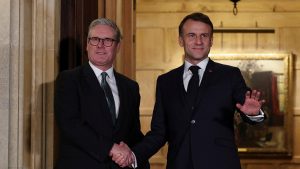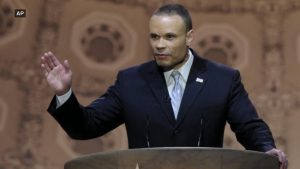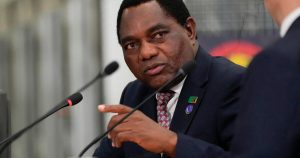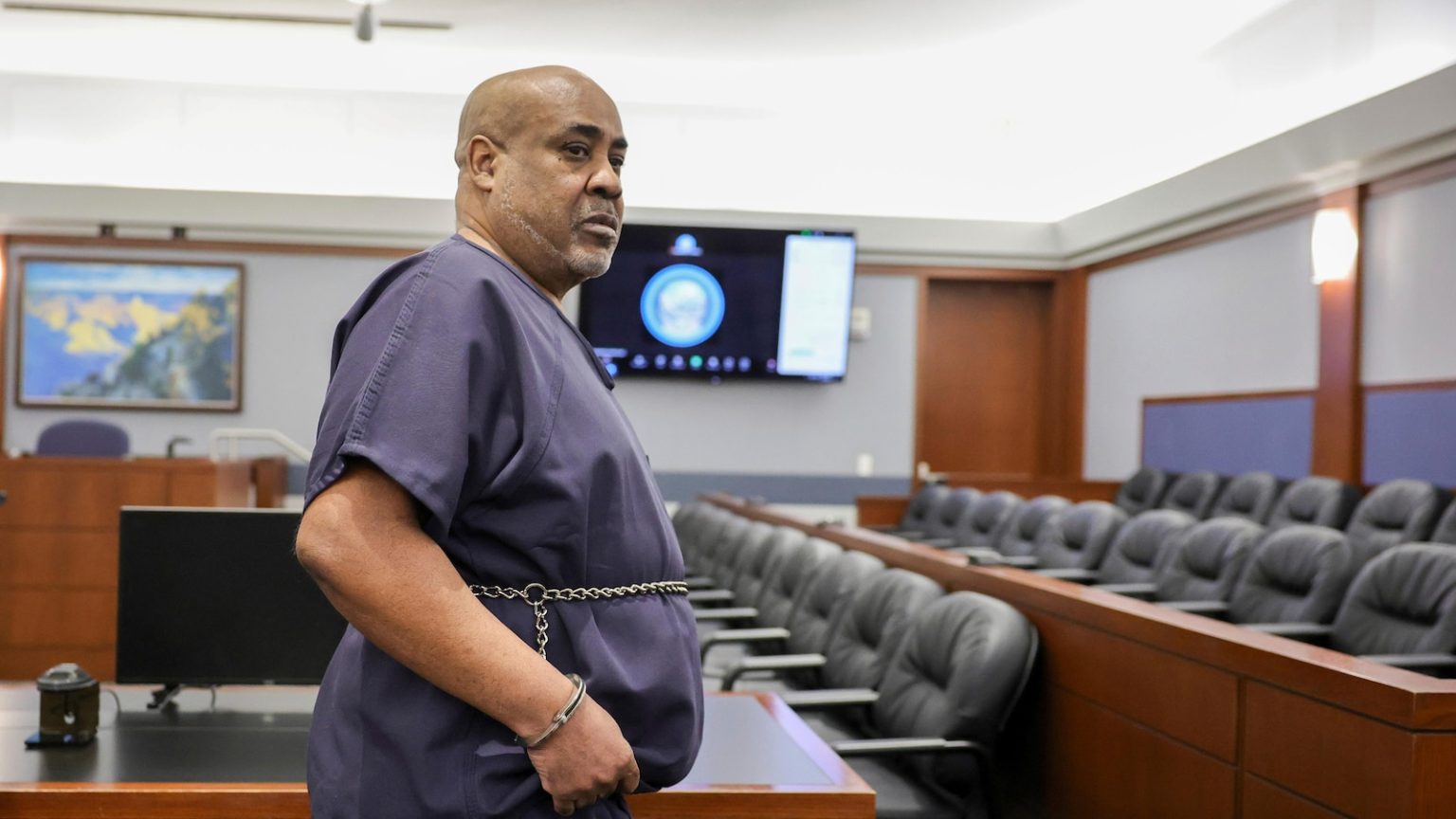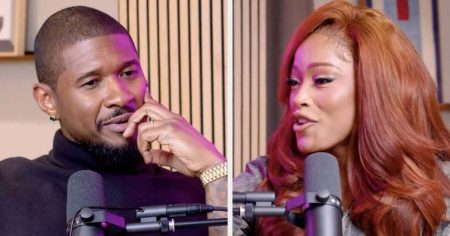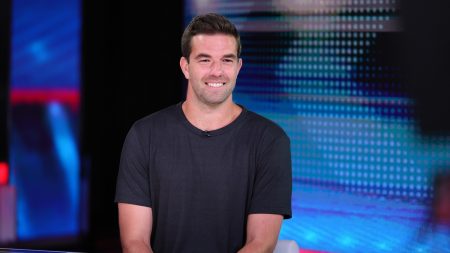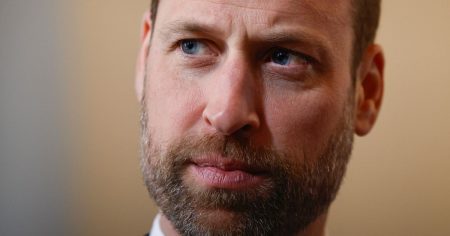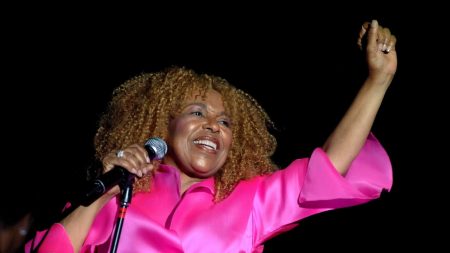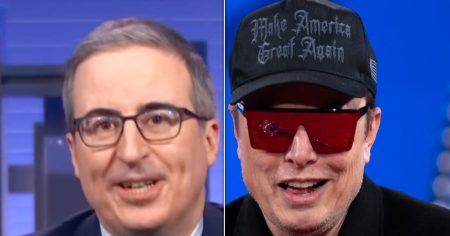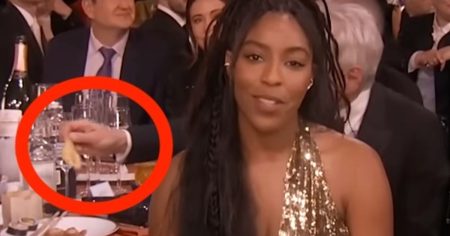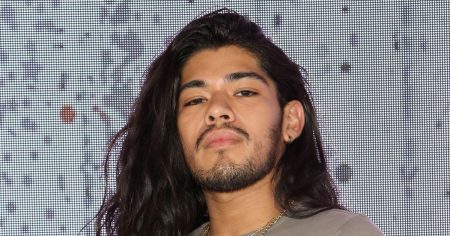Duane “Keffe D” Davis and the Tupac Shakur Murder Case: A Courtroom Update
The No-Show in Court: A Twist in the Tupac Shakur Murder Case
In a surprising turn of events, Duane “Keffe D” Davis, the only suspect ever charged in connection with the infamous 1996 murder of rap legend Tupac Shakur, failed to appear in court for a scheduled hearing on Tuesday. This hearing was intended to determine whether Davis’s defense team was prepared to proceed to trial. Additionally, Davis was absent from another hearing in a separate case, where he faces charges for allegedly engaging in a physical altercation with another man at the Clark County Detention Center in late December. A spokesperson for Davis’s attorney declined to provide a reason for his absence, leaving many questions unanswered. The Associated Press attempted to seek clarification from the detention center but had not received a response at the time of reporting.
TheLatest Development in the Case
Clark County District Court Judge Carli Kierny was informed by Davis’s lawyer, Carl Arnold, that his client would “probably want to be here” for the trial readiness hearing. Arnold requested a postponement, which Judge Kierny granted, rescheduling the hearing for February 18. Kierny speculated that Davis’s absence might have been due to his involvement in the other hearing. Meanwhile, the trial itself is set to begin in March, marking a critical milestone in a case that has captivated the nation for decades. The Las Vegas Review-Journal reported that Davis is also scheduled to be arraigned on Thursday for the battery and fighting charges stemming from the altercation at the detention center.
ASecond Case Complicates the Situation
In the separate case involving the December incident, Davis is accused of exchanging words with another man in a common room while being escorted back to his unit by a correctional officer. The situation escalated into a physical fight, prompting a grand jury indictment last week. Prosecutors have moved this case from Justice Court to state District Court, elevating its seriousness. Davis’s legal team has argued that he was ambushed and acted in self-defense. However, the correctional officer’s account of the incident has been central to the charges brought against him. This new development adds another layer of complexity to Davis’s legal troubles, as he now faces charges in two separate cases.
TheTupac Shakur Murder Case: A Question of Immunity
At the heart of the Tupac Shakur murder case is a contentious argument over whether Duane “Keffe D” Davis should have been charged at all. Davis claims that he had reached immunity agreements with federal and local prosecutors years ago, while living in California, which he believes should protect him from prosecution in this case. However, Judge Kierny has ruled that Davis lacks sufficient proof of these alleged agreements, thereby rendering him ineligible for immunity. Prosecutors, on the other hand, assert that they have compelling evidence against Davis, including his own accounts of the shooting, as detailed in a tell-all memoir. Davis, a former gang leader, is accused of orchestrating the killing of Tupac Shakur near the Las Vegas Strip.
TheProsecution’s Case Against Davis
The prosecution’s case against Davis hinges on several key pieces of evidence, including his own words. In his memoir, Davis allegedly provided details about the shooting that prosecutors believe directly implicate him in the crime. Arnold, Davis’s attorney, has maintained that his client’s statements were taken out of context and that he was acting under the protection of immunity when he made those disclosures. Despite these claims, Judge Kierny has made it clear that without concrete evidence of such agreements, Davis cannot avoid prosecution. The trial, set to begin in March, promises to be a high-stakes showdown between the prosecution and the defense, with the legacy of Tupac Shakur looming large in the background.
TheBroader Implications of the Case
The case of Duane “Keffe D” Davis continues to captivate the nation, not only because of its connection to the tragic murder of Tupac Shakur but also because of the legal complexities and controversies surrounding it. For fans of Tupac Shakur, the hope of finally seeing justice served after nearly three decades is a poignant reminder of the enduring impact of his life and legacy. At the same time, the case raises important questions about the reliability of immunity agreements, the treatment of incarcerated individuals, and the fairness of the criminal justice system. As the trial approaches, the nation will be watching closely, eager to see how this chapter in the Tupac Shakur story unfolds.
